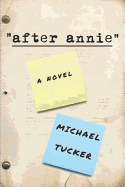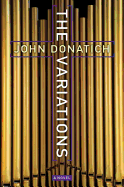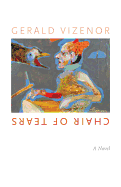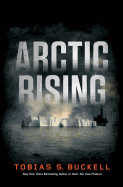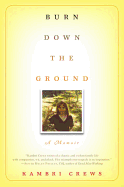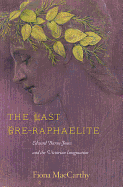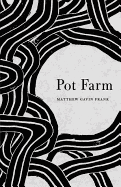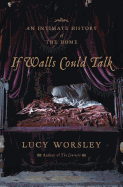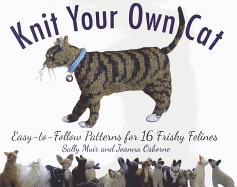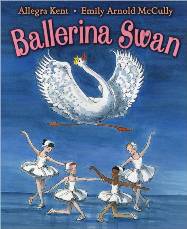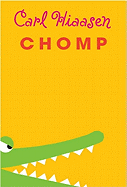 Tess Hardwick is a novelist and playwright. She lives in Seattle, Wash., with her husband, young daughters and mischievous puppy, Patches. She writes a blog, "Inspiration for Ordinary Life" at tesshardwick.com. Here she writes about her visit last month to the Savannah Book Festival in Savannah, Ga.:
Tess Hardwick is a novelist and playwright. She lives in Seattle, Wash., with her husband, young daughters and mischievous puppy, Patches. She writes a blog, "Inspiration for Ordinary Life" at tesshardwick.com. Here she writes about her visit last month to the Savannah Book Festival in Savannah, Ga.:
A writer works in solitude. Readers devour books in much the same way. During rare and sacred occasions, writer and reader come together, as was the case last month at the Savannah Book Festival. Despite a forecast of rain, more than 11,000 book lovers came out to spend the day in lecture halls and book lines, to dwell and bask in the glow of 40 authors, including Stephen King, Hillary Jordan, Brad Thor and Douglas Brinkley.
I'm a reader and a writer, and unable to separate the two, I was part avid fan and part seeker of wisdom. Like a child in a toy store, I wished to attend every session, but like Robert Frost, could choose only one road, so I began the day with Jamie Ford, author of Hotel on the Corner of Bitter and Sweet. Having read his book last year, I was keen to hear him speak, not only to gain insight into a man who wrote an epic, historically detailed, love story set against the U.S. detainment of Japanese-Americans during World War II, but also because we both spent our childhoods in southern Oregon.
He did not disappoint. Beginning his discussion by snapping a photo of the audience to post on his Facebook page, he went on to share his original aspirations to write serious literature to his eventual acquiescence that the grand love story of Hotel on the Corner of Bitter and Sweet was the story he had to tell. When an aspiring author asked him for advice on finding an agent and publisher, he generously told her about his first novel, now sitting in a drawer. The main thing, he said, is to keep writing. "There are no wasted words," he said. "Write what's in you."
 Later I heard novelist, playwright and lyricist Laura Harrington read from her debut novel, Alice Bliss, a coming-of-age story about a teenage girl whose father is away at war. Harrington said she is compelled to write about wars in large part because of the haunting experiences of her father and brother in World War II and Vietnam. Although her father woke in the night screaming, she was not able to get him to speak of the war, and questions never asked or answered influence all of her work. "My father's silent war, made me desperately curious," she said.
Later I heard novelist, playwright and lyricist Laura Harrington read from her debut novel, Alice Bliss, a coming-of-age story about a teenage girl whose father is away at war. Harrington said she is compelled to write about wars in large part because of the haunting experiences of her father and brother in World War II and Vietnam. Although her father woke in the night screaming, she was not able to get him to speak of the war, and questions never asked or answered influence all of her work. "My father's silent war, made me desperately curious," she said.
Next, I heard Hilary Jordan, author of Mud Bath, read a short excerpt from her new dystopian novel, When She Woke. Afterwards she told of how she went from advertising executive to bestselling author. As so often happens, the need for practical items like food and rent got in the way of artistic aspirations, and she found herself writing clever advertising copy, married to the wrong person, instead of writing fiction. But in an act of bravery, she left her executive position at an advertising firm, divorced her husband and enrolled in an MFA program. For a long time she regretted "the wasted years," but she now understands that her mastery of the art of clever advertising copy enhances her fiction. She encouraged all of us to pursue something we love, despite how unrealistic it might seem, since everything you've done before prepares you for what comes next.
I finished the afternoon listening to Pat Conroy and his lifelong friend from his days at the Citadel, novelist John Warley, telling stories and answering questions from the audience. I didn't think anyone could love Pat Conroy more than me. I've read all his work so many times I feel I know him intimately. Apparently I'm not alone. The love in the room for this southern hero was palpable, a mixture of adoration and pride and familiarity, because his words have mattered to us, have been an expression of our own failings and longings and heartbreaks.
"I cannot seem to write anything without my family looming up," Conroy said, and we all nodded in agreement, because regardless of our work, we are always seeking clarity from both the past and present, imbedded in the complexities of family. I thought, then, of all the writers I'd heard that day, how the bends and forks and unexpected potholes in the trajectories of their lives and loves have inspired and shaped their stories and subsequently does the same for their readers. Their brave explorations toward their own truths are why writing and books matter to those of us out here in the dark, reading the night away, seeking clarity.
A Writer at the Savannah Book Festival
 I read at meals and on my walks (and in bed, during baths, waiting for people...) and find that I can finish a book just in snatches; books as snack rather than meal. I'm sure that others read like I do. If I read at a meal, I read until I am done with that meal. There have been times when lunch has lasted for hours; as long as I don't get up, the meal continues, the sun goes down....
I read at meals and on my walks (and in bed, during baths, waiting for people...) and find that I can finish a book just in snatches; books as snack rather than meal. I'm sure that others read like I do. If I read at a meal, I read until I am done with that meal. There have been times when lunch has lasted for hours; as long as I don't get up, the meal continues, the sun goes down....


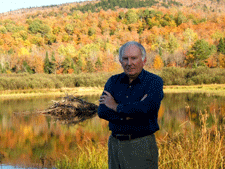
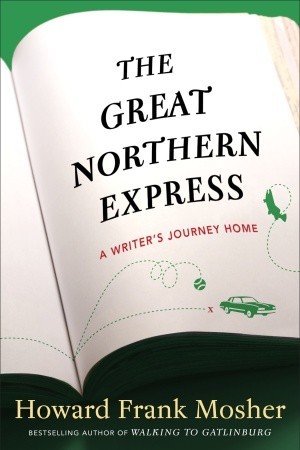 That's not to say Mosher has taken a straightforward, traditional approach to memoir writing. In fact, he's upfront about having written the book like he would have written one of his novels: "I did take some episodes from earlier and later book tours, and some of the characters are not untrue, but they're composites." (The outrageous Prof is an example--he's a combination of the first principal the Moshers worked for, as well as some other local characters.)
That's not to say Mosher has taken a straightforward, traditional approach to memoir writing. In fact, he's upfront about having written the book like he would have written one of his novels: "I did take some episodes from earlier and later book tours, and some of the characters are not untrue, but they're composites." (The outrageous Prof is an example--he's a combination of the first principal the Moshers worked for, as well as some other local characters.)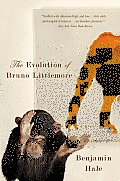
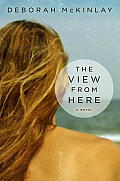
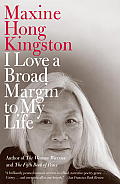
 Tess Hardwick is a novelist and playwright. She lives in Seattle, Wash., with her husband, young daughters and mischievous puppy, Patches. She writes a blog, "Inspiration for Ordinary Life" at
Tess Hardwick is a novelist and playwright. She lives in Seattle, Wash., with her husband, young daughters and mischievous puppy, Patches. She writes a blog, "Inspiration for Ordinary Life" at  Later I heard novelist, playwright and lyricist Laura Harrington read from her debut novel, Alice Bliss, a coming-of-age story about a teenage girl whose father is away at war. Harrington said she is compelled to write about wars in large part because of the haunting experiences of her father and brother in World War II and Vietnam. Although her father woke in the night screaming, she was not able to get him to speak of the war, and questions never asked or answered influence all of her work. "My father's silent war, made me desperately curious," she said.
Later I heard novelist, playwright and lyricist Laura Harrington read from her debut novel, Alice Bliss, a coming-of-age story about a teenage girl whose father is away at war. Harrington said she is compelled to write about wars in large part because of the haunting experiences of her father and brother in World War II and Vietnam. Although her father woke in the night screaming, she was not able to get him to speak of the war, and questions never asked or answered influence all of her work. "My father's silent war, made me desperately curious," she said.